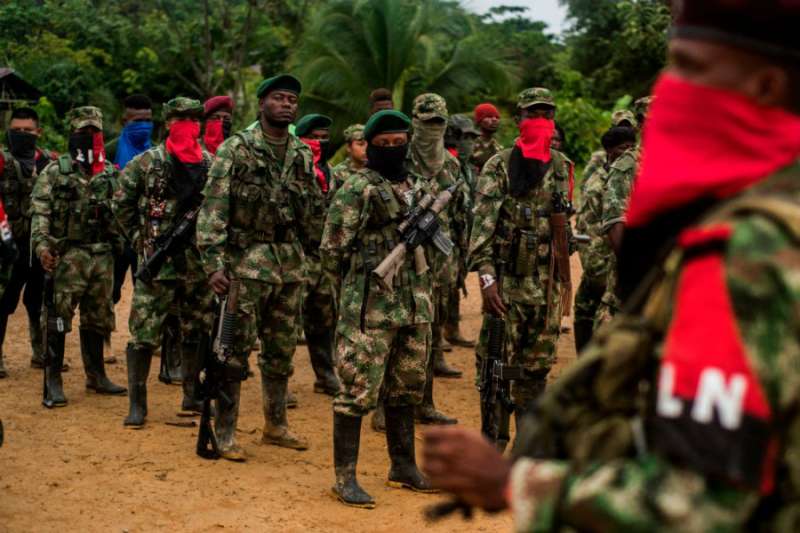The bishops of the Chocó Department in Colombia denounced Thursday the crisis occurring in the impoverished region due to crime and an onslaught by illegal armed groups which have been met by government inaction.
A July 5 statement signed by the Chocó Inter-ethnic Solidarity Forum, the Standing Roundtable of Dialogue and Agreement of the Indigenous Peoples of Chocó, and the dioceses of Quibdó, Apartadó, and Itsmina-Tadó denounced this situation and demanded concrete action from the government.
Located in Colombia's far-west, Chocó has one the lowest living standards among the country's departments. More than 80 percent of its population are Afro-Colombians, and almost 13 percent are indigenous. Only five percent are white or mestizo.
Violence in Chocó has continued despite a 2016 peace deal between the national government and the Revolutionary Armed Forces of Colombia (FARC) which was meant to wind-down the country's 54-year conflict among the government, right-wing paramilitaries, and left-wing guerillas.
The text states that little progress has been made in the implementation of the peace accord with the FARC, and not fully controlling the territories left by the guerrillas has left the inhabitants of Chocó “quite helpless, at the mercy of paramilitary groups, the National Liberation Army (ELN), and other armed actors.”
Although the Colombian army and navy conduct operations in the department, these forces “are not sufficient to counteract the actions of groups outside the law. The Army has a network of informants in the civil population, which violates the principle of distinguishing between civilians and combatants, and despite the implementation of infrastructure projects, healthcare activities and social integration, without effective security the civilian population is put at grave risk due to the intensity of the armed conflict in the region.”
In the cities of Chocó “the murder rate is above the national average,” the leaders wrote. “Illegal armed actors exercise territorial control in extensive areas, they systematically extort the inhabitants, they construct invisible boundaries, they impose schedules on the people's free movement, they restrict access by foreigners, they engage in small time drug dealing, they use adolescents as informants (called bell-ringers) and they very frequently rape minors.”
Another aggravating factor is the presence of the Clan del Golfo, a drug-trafficking paramilitary group which continues to fight in the Colombian conflict. Clan del Golfo “occupies and contests ethnic territories” the bishops said, and “is financed by black market mining operations, takes part in the production and distribution of cocaine, [and] extorts and forces people from the communities to be their informants.”
In addition, the ELN guerilla group continues their terrorist actions, recruiting “black and indigenous minors,” forcing the communities to participate in their meetings and obstructing “their traditional work.”
The bishops recalled that “the ELN stormed into a community festival” May 13, killing “José David Hurtado Mosquera in the town of Pogue, a black community in Bojayá township.”
They are therefore urging the Colombian government “to guarantee the free movement and security of the leaders, communities, and organizations in the Chocó department; that the safeguards and commitments established in the Chapter on Ethnic Groups of the Peace Accord be fulfilled; that the illegal armed groups be disbanded; and that the grave humanitarian, social and environmental crisis in Chocó be addressed.”
They also requested the various law enforcement agencies to exercise more effectively their responsibility concerning the protection of human rights in the Chocó department.
They also called on the Colombian government and the ELN to assume the demands of the Humanitarian Accord and to establish a cease fire, “respecting human rights and international humanitarian law.”
Additionally, they asked the authorities to implement the peace accord with FARC.
Finally, they asked that “the Roundtable Talks with the ELN in Havana be continued, with the criteria of truth and coherence, and respect for the trust of the Colombian people.”
This article was originally published by our sister agency, ACI Prensa. It has been translated and adapted by CNA.

